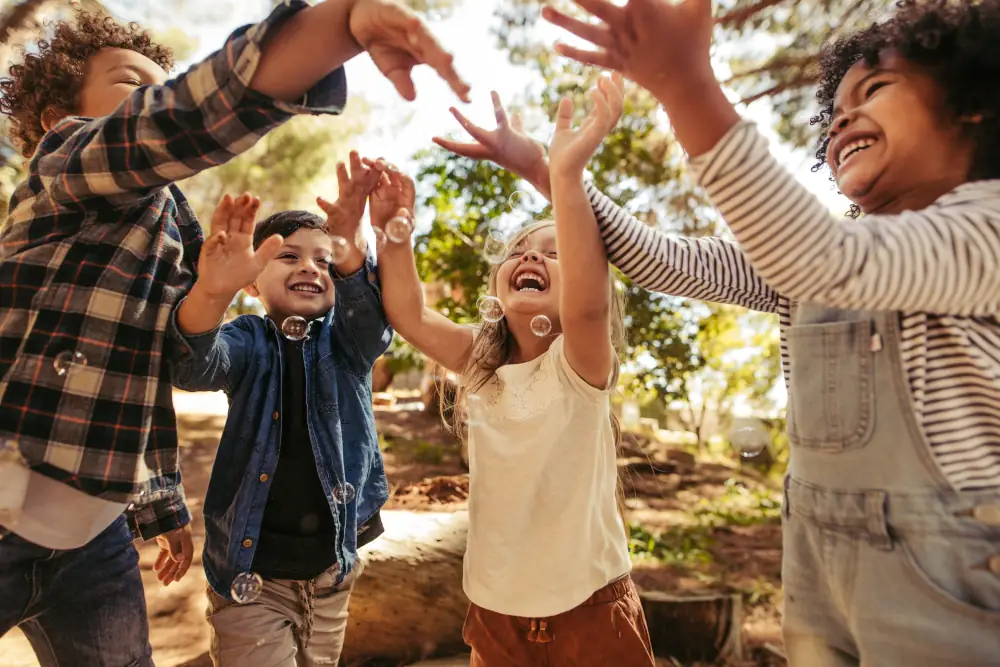
Are you ready to take a stand against child abuse?
Here are some ways you can get involved and support our shared vision.
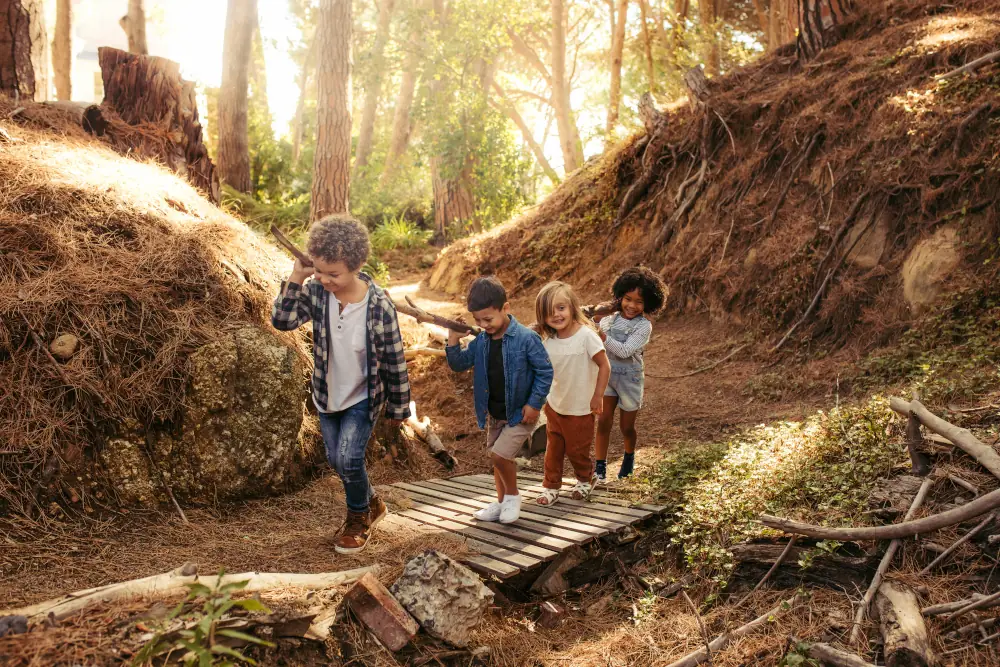
Safe Kids, Strong Communities
Equipping children and communities with knowledge and resources through
school-based safety programs.

Help us Build a Better Future
Renovations are underway for our new home, bringing us closer to providing a safer, more supportive space for Haywood County’s children. We need your help to finish the job!


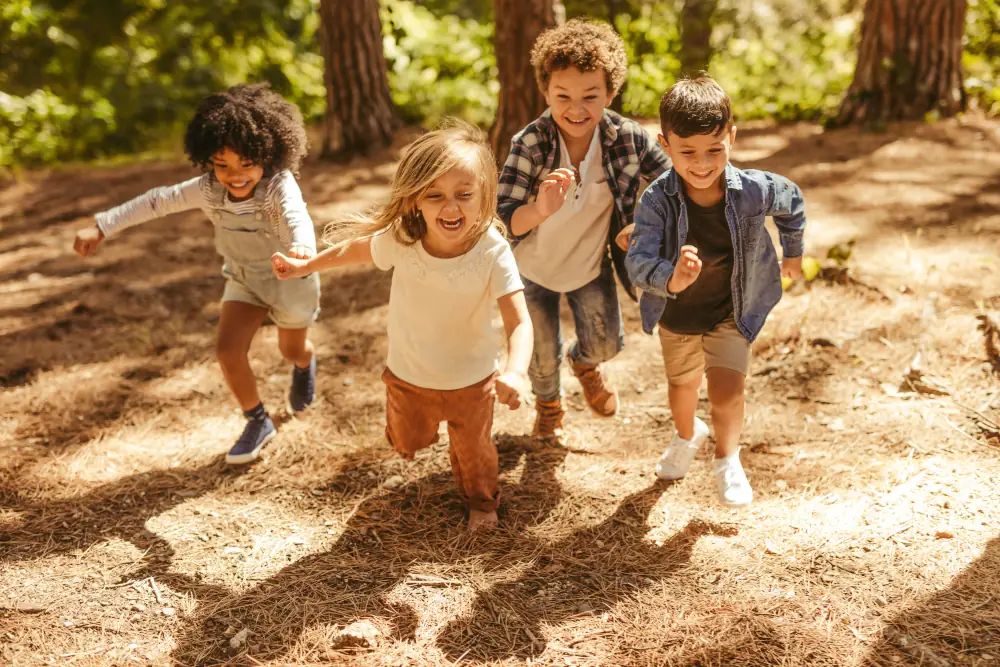
Who We Are & What We Do
KARE is a Children’s Advocacy Center serving Haywood County. We are dedicated to facilitating a community response to child abuse and neglect through outreach, advocacy, and specialized interventions. Discover more about our mission and the services we offer.
Get Involved
Are you ready to take a stand against child abuse, neglect, and exploitation? We would love for you to join our growing community dedicated to ending child abuse! We have plenty of opportunities for people just like you who share our vision. Here are some ways YOU can get involved.

Safety Programs for Kids
KARE currently offers two essential programs for elementary school-aged children: Internet Safety for grades 3-5 and Body Safety for grades K-5. Through engaging videos, discussions, activities, and other evidence-based best practices, we empower kids to protect themselves, providing them with the necessary tools to stay safe.
Help Us Build a Better Future
The KARE House is moving!
Renovations are underway for our new home, bringing us closer to providing a safer, more supportive space for Haywood County’s children. We need your help to finish the job! Your support ensures that every child who walks through our doors finds hope, healing, and a path forward.

Report
Do You Have Reason To Believe A Child Is Being Abused Or Neglected?

Health and Human Services
Make a report to Haywood County Department of Health and Human Services (DSS/CPS) by calling 828-452-6620 and to your local Law Enforcement agency:
Police Department
Waynesville Police Department: (828) 456-5363
Canton Police Department: (828) 648-2376
Maggie Valley Police Department: (828)-926-0867
Haywood County Sheriff’s Office: (828) 452-6666
Emergency
If you are reporting an emergency, please call 911.
Festival of Trees 2024:
Thank you for helping
us raise over $80,000!
A heartfelt thank you to our sponsors, volunteers, donors, attendees, and the incredible members of our community! Your support helped us break our previous fundraising record at the 2024 Festival of Trees—what an unforgettable celebration of hope and generosity!
Save the Date!
The magic continues in 2025—our next Festival of Trees is coming this November! Mark your calendars, and stay tuned for more details. Together, we can create another amazing event to support children and families in need.

Sponsors & Donors


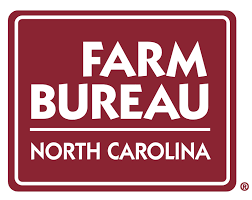
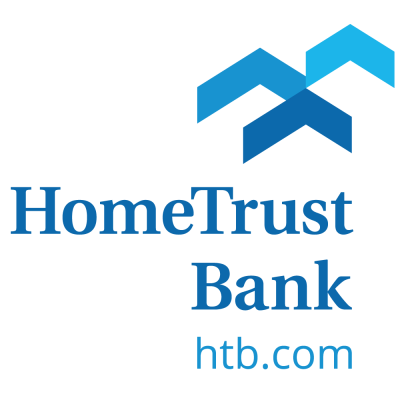
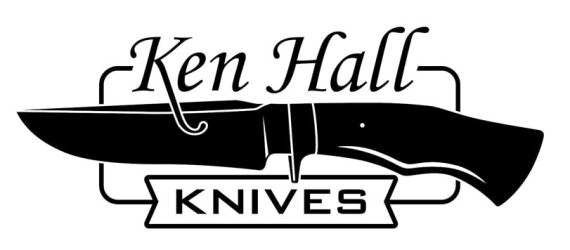
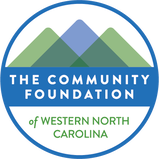
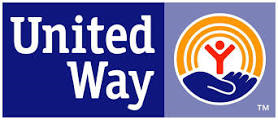
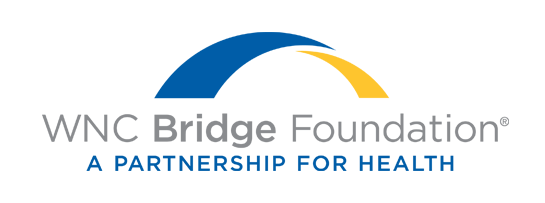

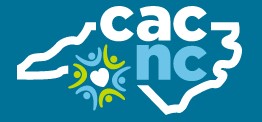
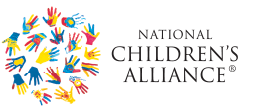



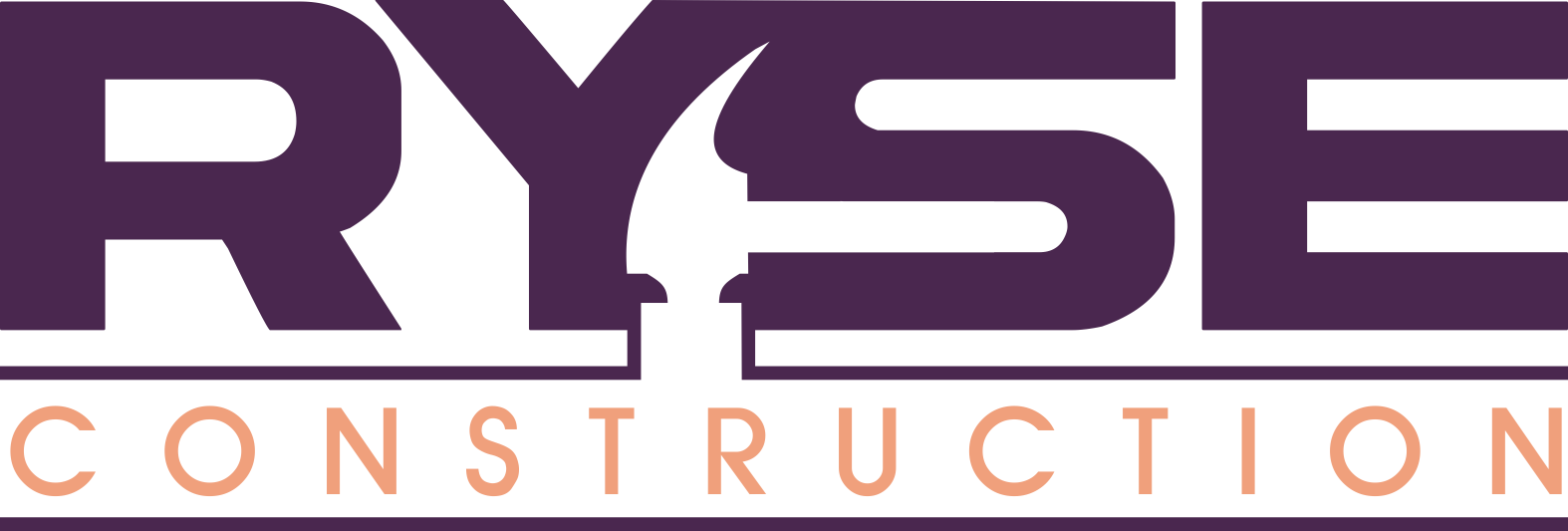




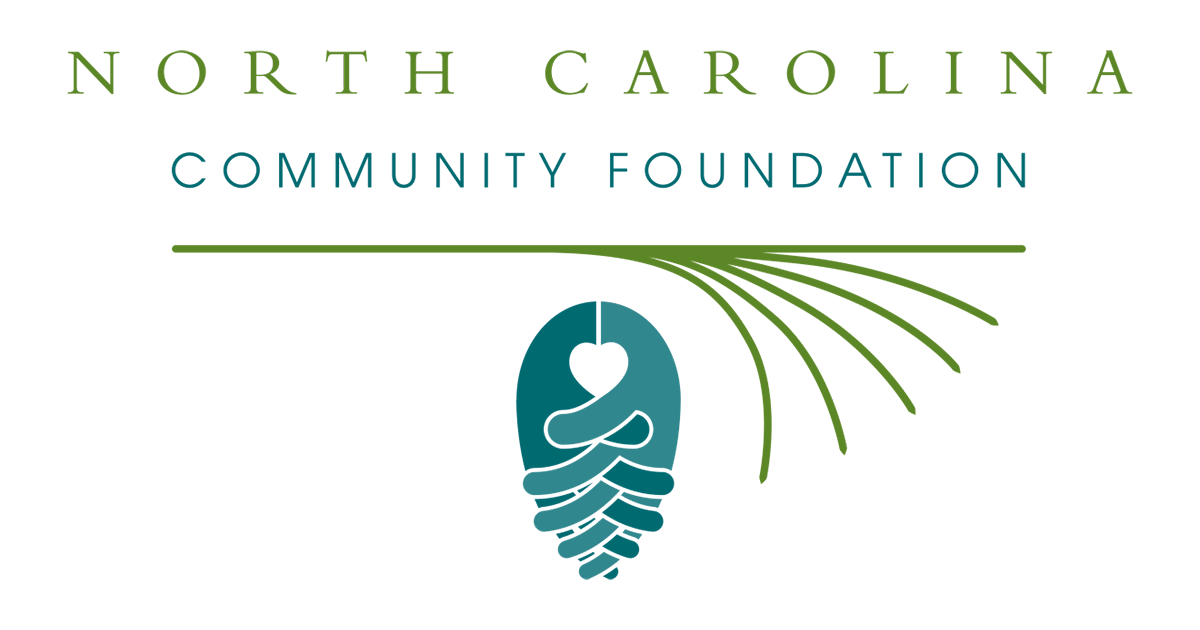

Contact us


-
Email
abearden@karehouse.org -
Phone
828-456-8995 -
Legal
For media or legal inquiries, please contact Savannah Anders, KARE House’s Executive Director, directly at Sanders@karehouse.org.
